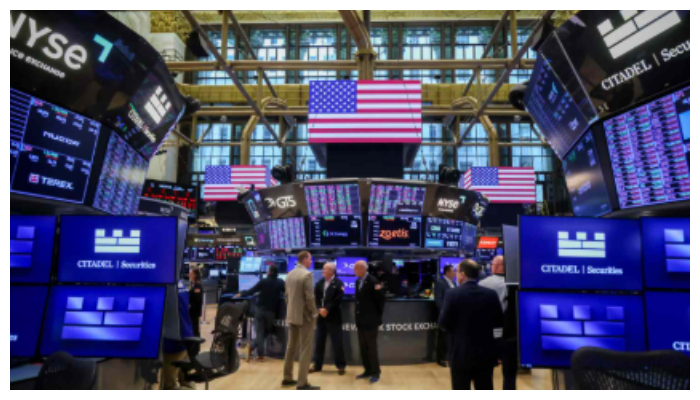- The Jumbo Floating Restaurant was hauled out of Aberdeen Harbour in Hong Kong.
- Losses had been increasing for years before the epidemic inflicted a devastating blow.
- Comes after several years of unrest, including large-scale pro-democracy demonstrations.
The Jumbo Floating Restaurant was hauled out of Aberdeen Harbour in Hong Kong on a foggy day in June.
This month, a foghorn heralded the approach of a massive six-story tower in the shape of a Chinese imperial palace after it sneaked by boats only a quarter of its size.
The 2,300-person capacity mega restaurant had been situated in Hong Kong’s waterways for about 50 years. It attracted guests like the Queen, Richard Branson, and Tom Cruise and was depicted in numerous Hollywood and Cantonese movies.
However, losses had been increasing for years before the epidemic inflicted a devastating blow.
[embedpost slug=”hong-kongs-last-hand-painted-porcelain-factory/”]
The closure of the restaurant served as a metaphor for what was happening in Hong Kong for some people. Both had endured a trying few years, and now Jumbo was floating away, much like the allure of Hong Kong as a fantastic place to conduct business.
An economy dependent on international trade, finance, and business has been pummelling by an inflexible zero Covid policy shared by Hong Kong and mainland China. Travel restrictions that are too strict and sporadic lockdowns have deterred tourists, destroyed small and medium-sized enterprises, and cut off “Asia’s world city” from the rest of the world.
This comes after several years of unrest, including large-scale pro-democracy demonstrations in 2019, the passage of the National Security Law, which some argued would be the “end of Hong Kong as they knew it,” and a crackdown on free expression.
According to business owners, these incidents have changed the demographics of the city.
“It [the firm] was heavily focused on the expat sector. London to Hong Kong, New York to Hong Kong, “says Vinny Lauria, owner of several restaurants in Hong Kong.
However, he continues, the restaurant industry has “wisened up” as more affluent mainland Chinese have moved to the city.
Over the past ten years, strategy has undergone significant shift, he claims.
It has also been questioned before whether Hong Kong would continue to be a wealthy yet cutting-edge corporate centre.
[embedpost slug=”hong-kongs-floating-restaurant/”]




















